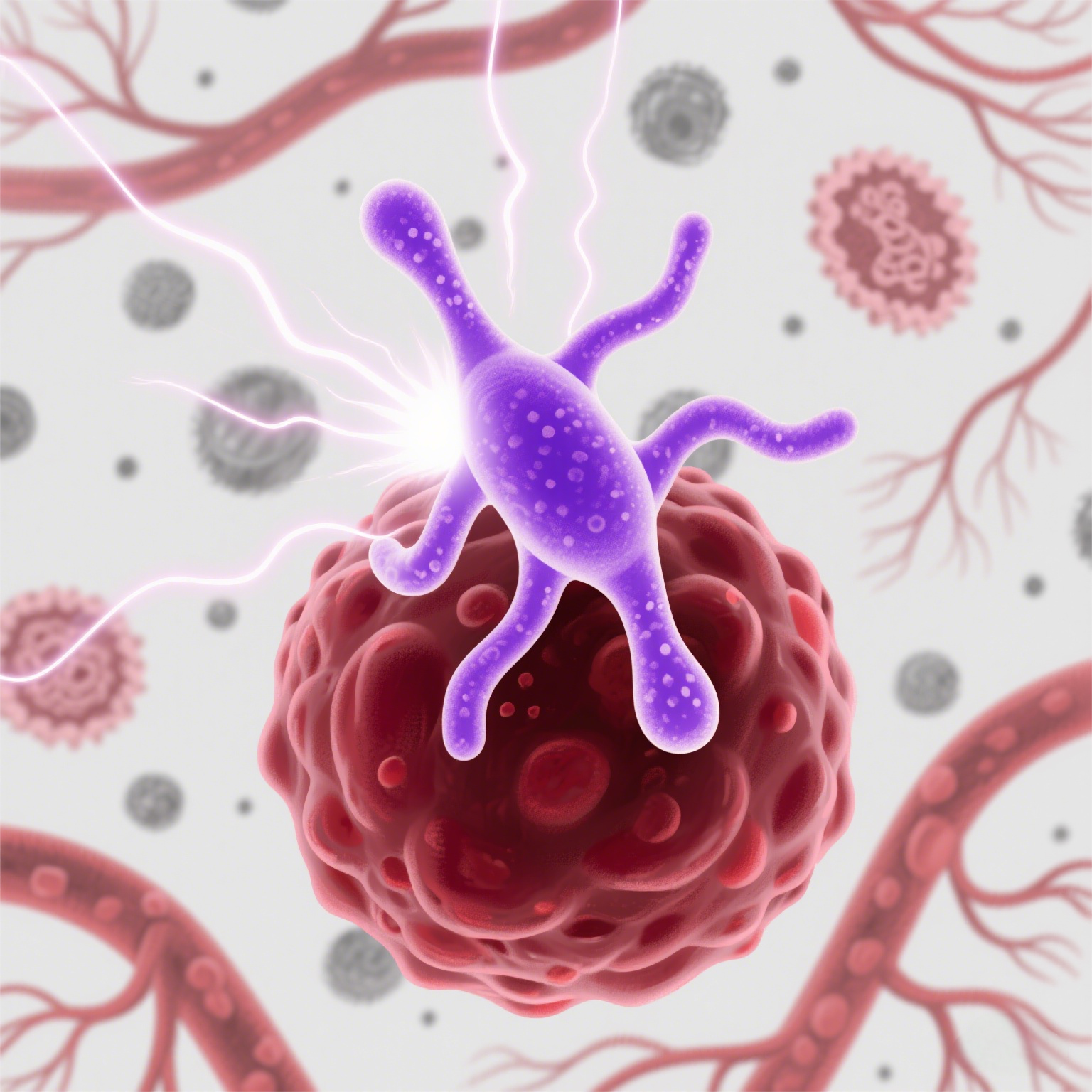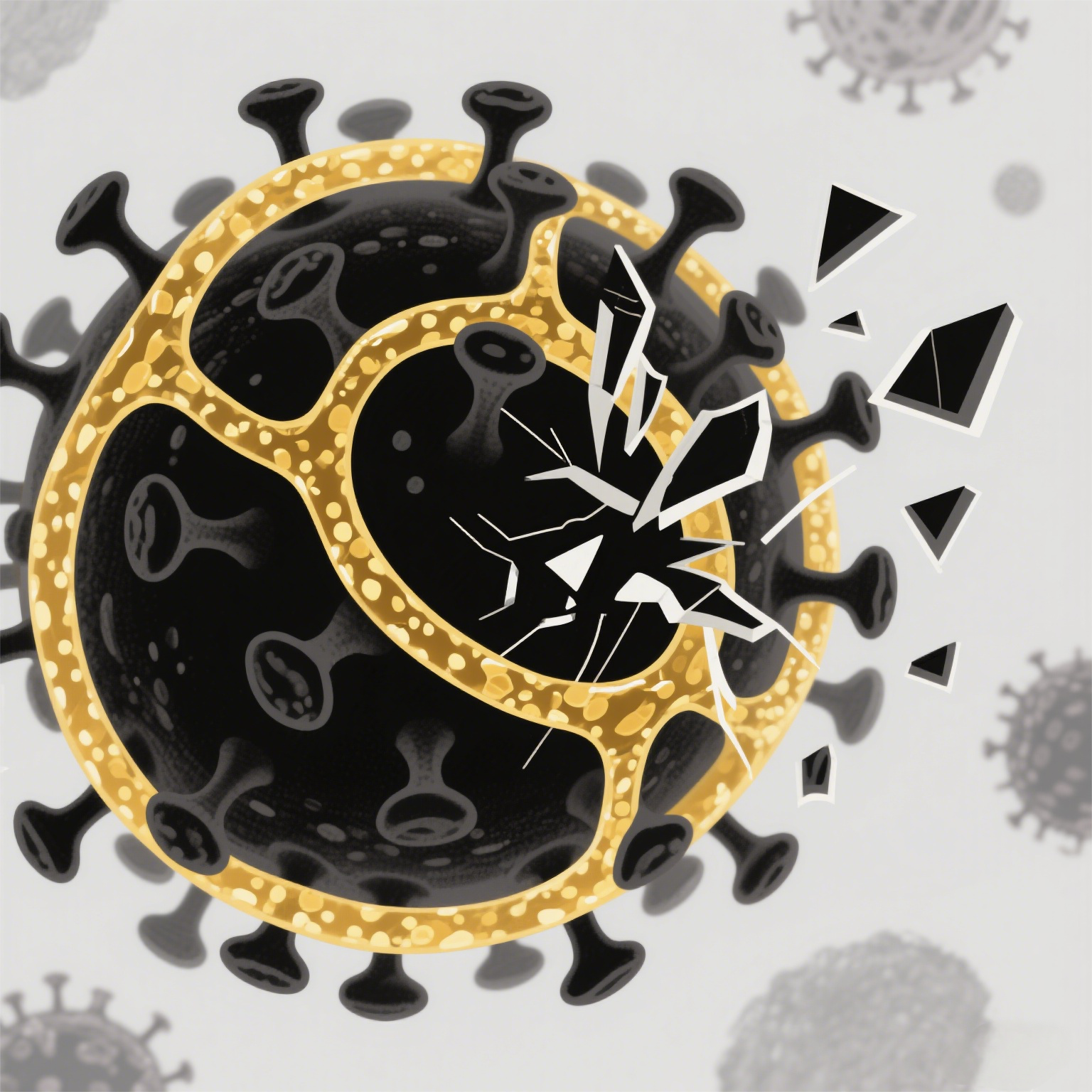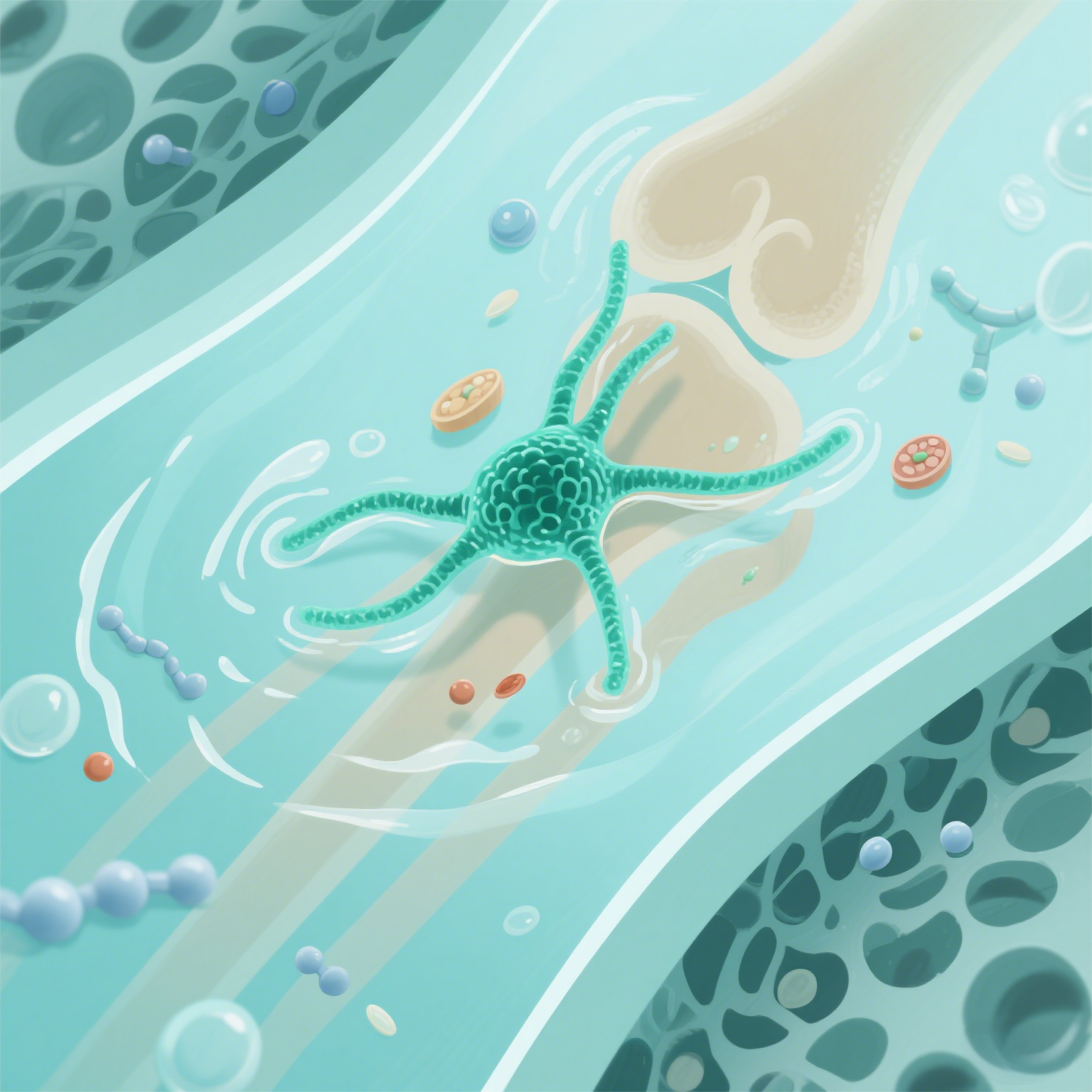
The InVivoPro Anti-Mouse PD-1 (CD279) in vivo antibody, Clone RMP1-14 has emerged as a pivotal tool in preclinical cancer immunotherapy research, enabling robust blockade of the PD-1/PD-L1 immune checkpoint pathway. This high-specificity monoclonal antibody, developed by BioXCell, targets murine PD-1 (CD279), a cell surface receptor critical for suppressing T-cell activation and promoting immune evasion in tumors .
Key Features and Mechanism of Action
RMP1-14 is derived from a rat IgG2a clone, produced in animal-free facilities, and undergoes rigorous quality control to ensure ultra-low endotoxin levels (<1 EU/mg) and high purity (>95%) . It binds to the extracellular domain of mouse PD-1, blocking interactions with its ligands PD-L1 and PD-L2. By disrupting this inhibitory signaling axis, RMP1-14 restores T-cell proliferation, cytokine production (e.g., IFN-γ, TNF-α), and cytotoxic activity against tumor cells . Notably, RMP1-14 has been shown to effectively reverse immune suppression in the tumor microenvironment, as demonstrated in glioma and melanoma models where it induced significant tumor regression and prolonged survival .
Applications in Preclinical Research
1. Tumor Immunotherapy
- Monotherapy: RMP1-14 monotherapy has demonstrated efficacy in murine models of colon cancer (CT26), breast cancer (4T1), and melanoma (B16-F10), with tumor growth inhibition rates exceeding 80% in some studies .
- Combination Therapies:
- Immunotherapeutic Synergy: When combined with IDO inhibitors (e.g., pegylated kynureninase) or CDK4/6 inhibitors (e.g., abemaciclib), RMP1-14 enhances T-cell infiltration and tumor control .
- Oncolytic Viruses: In a B16EGFRVIII melanoma model, RMP1-14 synergized with oncolytic viruses to overcome immune resistance, highlighting its potential in combinatorial strategies .
2. Autoimmune Disease Models
PD-1 knockout mice exhibit systemic autoimmunity, including dilated cardiomyopathy and splenomegaly . RMP1-14 has been used to study PD-1’s role in maintaining peripheral tolerance, providing insights into autoimmune pathogenesis .
3. Transplantation Research
In murine transplant models, RMP1-14 prevents allograft rejection by modulating T-cell responses, offering a valuable tool for studying immune tolerance mechanisms .
Experimental Validation and Pharmacokinetics
RMP1-14’s binding specificity and functional activity are validated by flow cytometry and ELISA, showing strong reactivity to PD-1-expressing murine T cells . Pharmacokinetic studies using LC-MS/MS reveal a linear dose-response profile in BALB/c mice, with a half-life of ~7 days following intraperitoneal administration . A typical dosing regimen involves 2.5–7.5 mg/kg intraperitoneally twice weekly, depending on the tumor model .
Advantages Over Competitors
- High Specificity: RMP1-14 selectively targets murine PD-1 without cross-reactivity to human PD-1, making it ideal for preclinical studies .
- Low Immunogenicity: Engineered for in vivo use, RMP1-14 minimizes host immune responses in mice, ensuring reliable and reproducible results .
- Cost-Effectiveness: Available in bulk quantities (up to 50 mg), RMP1-14 offers scalability for large-scale studies .
Recommended Experimental Design
- Flow Cytometry: Use RMP1-14 to stain PD-1+ T cells in tumor-infiltrating lymphocytes (TILs) and assess T-cell activation markers (e.g., CD69, CD25) .
- Tumor Growth Curves: Monitor tumor volume in treated vs. control mice to quantify RMP1-14’s efficacy .
- Immunohistochemistry: Detect PD-L1 expression in tumor sections to correlate treatment response with biomarker status .
Conclusion
The InVivoPro Anti-Mouse PD-1 (CD279) antibody, Clone RMP1-14 is a versatile and validated tool for preclinical research, supporting advancements in cancer immunotherapy, autoimmune disease modeling, and transplantation studies. Its high specificity, low endotoxin levels, and proven efficacy in combination therapies position it as a gold standard for PD-1 pathway blockade in murine models.
Figure 1: Mechanism of Action of RMP1-14
Caption: RMP1-14 blocks PD-1/PD-L1 interactions, 解除 T-cell inhibition, and restores antitumor immunity. (A) In untreated tumors, PD-L1 on cancer cells binds PD-1 on T cells, suppressing T-cell activation. (B) RMP1-14 binding to PD-1 prevents ligand interaction, enabling T-cell proliferation and cytokine secretion.
Figure 2: Efficacy of RMP1-14 in a Murine Melanoma Model
Caption: Treatment with RMP1-14 (5 mg/kg, IP twice weekly) significantly reduces tumor volume compared to isotype control. Data adapted from .
Figure 3: Flow Cytometry Validation of RMP1-14 Binding
Caption: RMP1-14 (solid line) specifically stains PD-1+ T cells from mouse splenocytes, while isotype control (dashed line) shows minimal background. Data adapted from .
References
- BioXCell. InVivoPlus Anti-Mouse PD-1 (CD279) Antibody, Clone RMP1-14 [Product Datasheet]. 2025.
- Agrawal, K. et al. Quantification of RMP1-14 in mouse plasma by LC-MS/MS. Anal. Bioanal. Chem. 2019.
- Antonios, A. et al. PD-1 blockade enhances glioma immune response. Nat. Biotechnol. 2016.
- FroggaBio. Anti-Mouse PD-1 In Vivo Antibody (RMP1-14). 2025.
- Selleckchem. Anti-Mouse PD-1 (CD279)-InVivo Datasheet. 2025.



